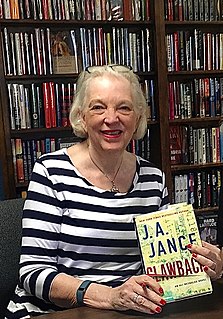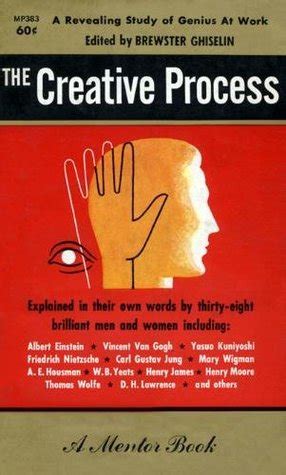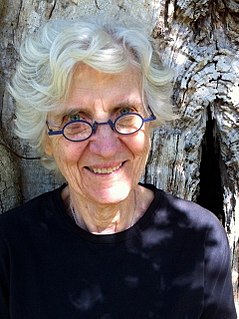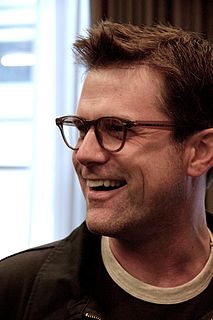A Quote by Kate DiCamillo
I was someone who wanted to be a writer but who wasn't writing. I was someone buying books on writing. I was someone telling people that I was writer. But I was not writing.
Related Quotes
I don't think you could teach someone to be a genius, but you can certainly teach them to not make rookie mistakes and to look at writing the way a writer looks at writing, and not just the way a reader looks at writing. There are a lot of techniques and skills that can be taught that will be helpful to anybody, no matter how gifted they are, and I think writing programs can be very good for people.
The people who review my books, generally, are kind of youngish culture writers who aspire to write books. When someone writes a book review, they obviously already self-identify as a writer. I mean, they are. They're writers, they're critics, and they're writing about a book about a writer who's a critic. So I think it's really hard for people to distance themselves from what they're criticizing.
I haven’t had trouble with writer’s block. I think it’s because my process involves writing very badly. My first drafts are filled with lurching, clichéd writing, outright flailing around. Writing that doesn’t have a good voice or any voice. But then there will be good moments. It seems writer’s block is often a dislike of writing badly and waiting for writing better to happen.

































